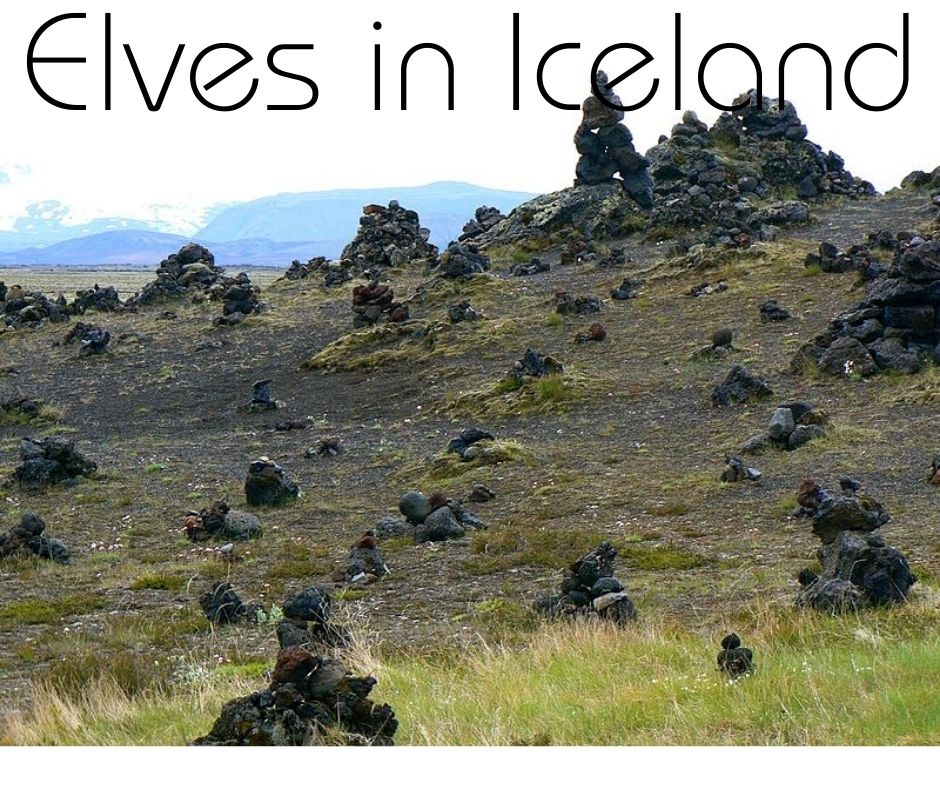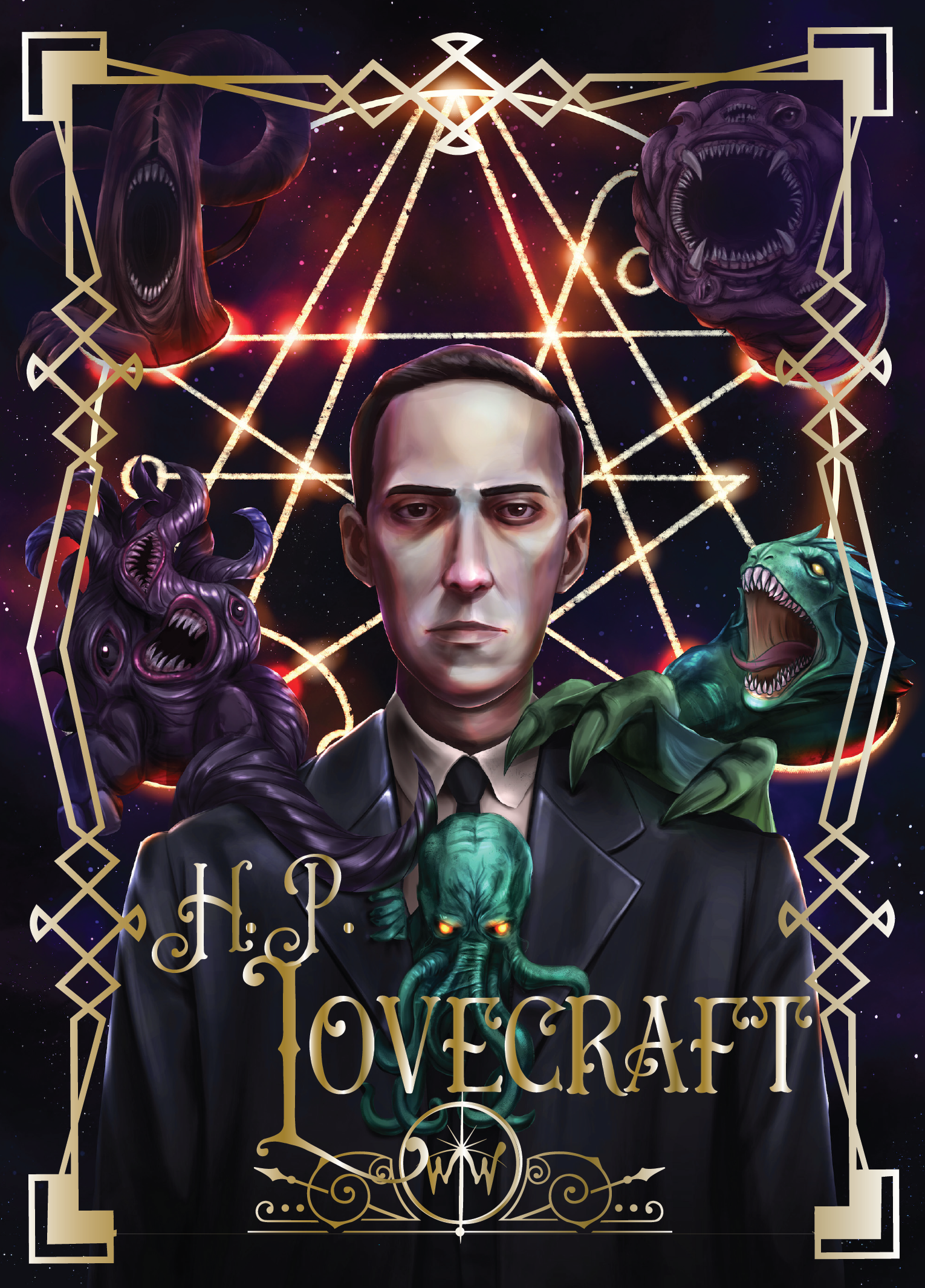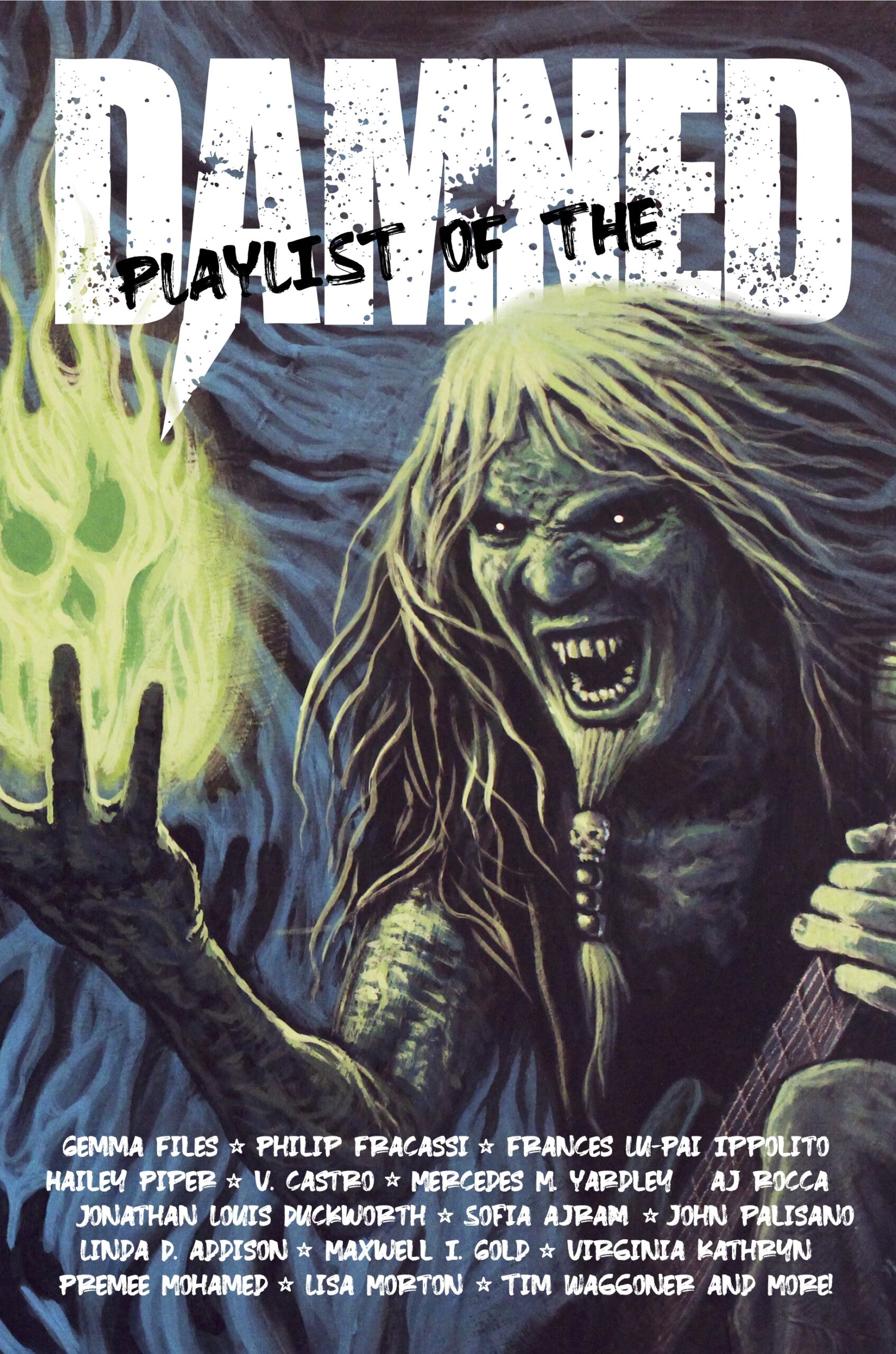In February, I attended the Life, the Universe, and Everything (LTUE) [6] symposium in Provo. One of the presentations I went to was Jessica Day George enthusiastically detailing as much as she could about Scandinavian folklore. A couple of stories really stuck out in my mind: a woman killing a troll by doing laundry, and modern Icelanders changing their road construction plans out of concern for the elves.
That’s right: elves. Belief in elves is a significant part of Icelandic life. According to some counts [1], more than half of Iceland’s population, “will not deny that elves exist.” Of course, elf belief is great for tourism, and Icelanders have capitalized on elf stories and legends. They’ve got an elf school in Reykjavík[3], the human capital, and elf walks in Hafnarfjörður, the elves’ capital[2]. You can go on tours of elf villages and buy elf-themed T-shirts. But it would be a mistake to think of elf belief as only skin deep.
BBC reported[3] on a major highway whose construction was stopped because “campaigners warned that it would disturb elves living in its path.” They brought in someone to talk to the elves, and the elves agreed to have their chapel moved so the road workers could continue in the construction. The highways authority agreed to carefully move the 70 ton rock at their own expense. This is just one particularly dramatic example of dozens, possibly hundreds, of instances of Icelanders choosing to modify or delay their plans out of respect for the elves.
In a much more mundane example, a reporter at NPR asked an Icelander[4], “If there was a big rock in your garden and someone said that’s an elf rock, would you touch it?”
The Icelander, Ms. Piatosdaughter, responded, “No, I would not. There’s a reason for it.” And this was coming from someone who said she probably didn’t believe in elves.
Her comment strikes on the reason for my fascination with this story about—this belief in—elves. By calling it a story, I’m not saying there aren’t elves in Iceland. I don’t know. But whether or not there are, I envy the way this belief affects how Icelanders interact with their environment. The possible presence of elves gives them a reverence for their land. While I’ve always been taught to respect the world, introducing the possibility of magical lands and people speaks to us on a visceral level. Thus, many things Icelanders might otherwise disregard or destroy in their efforts to build their own thing are preserved because “there’s a reason.” I’m excited by what this story means to them. Lots of times, I think I’d like our culture to see magic around us, especially if that meant greater respect for the world and for each other.
I’m reminded of William Wordsworth’s[5] exclamation that he wanted to be “a Pagan sucked in a creed outworn” so he could “Have sight of Proteus rising from the sea; / Or hear old Triton blow his wreathèd horn.” Sometimes, it’s easy to be tired of modernity and to long for something totally inexplicable and wonderful to happen. Or, you know, something just a little weird. Of course, seeing magic in the world might also just be a matter of perspective.
Once, while I was teaching in Virginia, I looked out my classroom window and saw maple keys, I think they were maple keys, floating to the ground and flashing in the sun. I thought, “Fairies!” And they might as well have been. As I remember them now, some of them are maple keys, and some of them are winged creatures.
NPR reports that Professor Terry Gunnell, a folklorist at the University of Iceland pointed to a similar experience for Icelanders, “Icelanders’ houses can be knocked down by a force they can’t see in the form of an earthquake. You look up at the sky, you’ve got the Northern lights there. The wind can knock you off your feet. The wind can take shapes in a snow. So it’s the things can manifest themselves.” Nature just being weird can turn into magic in the human mind.
Of course, belief in magic has not always led humans to conclude the world is beautiful. It has not always helped us respect each other or the world. But I’m celebrating that it does for Icelanders.
Maybe you can make your day a little weirder by wondering what magic could be there. Where are the elves hiding around you? What lives under that big rock in the park? Who is whispering on the wind? Adding some beautiful magic to your day could be a matter of just letting yourself believe that it could be there.
[1] What It’s Like in The Town Where They Re-Route Roads to Avoid Elves | Reader’s Digest (rd.com)
[2] More Than Half of Iceland Believes in Elves (nationalgeographic.com)
[3] Why Icelanders are wary of elves living beneath the rocks – BBC News
[4] Many Icelanders Believe in Elves : NPR
[5] The World Is Too Much With Us by William… | Poetry Foundation
[6] LTUE | Symposium for Science Fiction & Fantasy Creators

Riley Corrigan is a word enthusiast who does everything from technical writing to copy edits on science fiction. His work can mostly be found hidden in various technical articles and blog posts for Aquaveo and DrumCV. However, he once wrote a poem that ended up in a writing club anthology. He lives in Utah with his wife and daughter (and his parents and some siblings).







